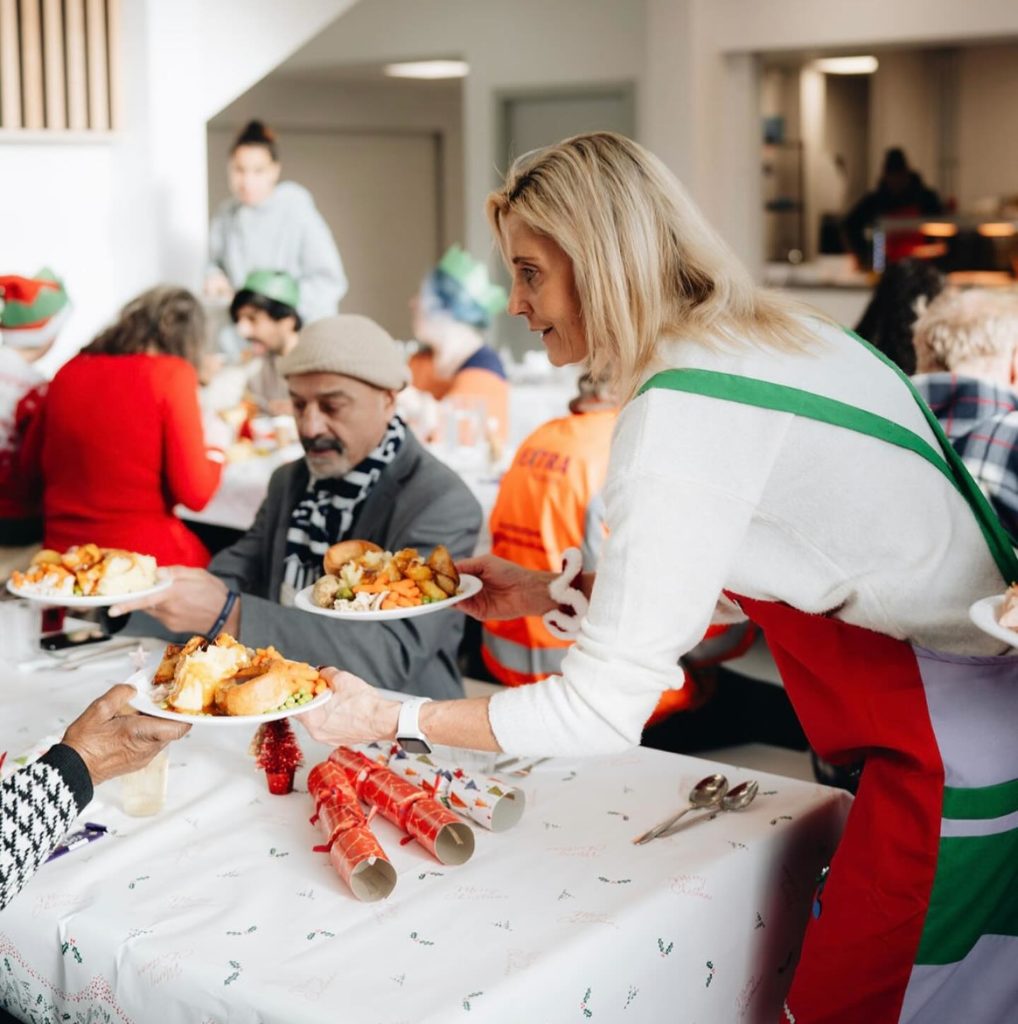
By Dr Anita Soni, School of Education and Megan Tucker, Community Worker, Newbigin Community Trust
There is much to be said about the importance of connecting with other people. In particular, Christmas and the holiday period has a tendency to invoke images of people talking, laughing and connecting together. However, recent research has found that in the UK about 1 in 15 adults experience often or always feel lonely. In this blog, we consider what loneliness is, why it is important, who is at risk of loneliness and what can be done about it in terms of our everyday lives.
So, what is loneliness? The Government define it as ‘a subjective, unwelcome feeling of lack or loss of companionship. It happens when there is a mismatch between the quantity and quality of the social relationships that we have, and those that we want’. This means that we experience loneliness in our own unique way. Loneliness is complex and has emotional, social, and existential dimensions – relating to the quality and meaningfulness of our relationships with others, and how connected we feel to others and the wider world. Therefore, it is important to recognise that feeling lonely is not the same as being alone. Some people can spend lots of their time on their own and feel fine, whereas others may be surrounded by people but feel lonely. Loneliness can be transient, situational, or chronic, with Christmas and the new year being a prime example of a time when situational loneliness is more likely.
In terms of the effect of loneliness, the Campaign to End Loneliness draws on a wide range of research to draw attention to the impact on our physical and mental health, which can lead to a 26% increase in early mortality.
Those we may consider to be at risk from loneliness may also come as a surprise. The Government’s Tackling loneliness strategy (2023) highlights the following groups of people who are more likely to report higher levels of loneliness:
- 16-24 years old
- Female
- Single or widowed
- Living with a limiting mental health condition
- Renters
- Living in areas with lower neighbourhood belonging
- Lower local social trust which can be considered faith, a belief in the honesty, reliability, and integrity of others.
It is not always easy to spot this in ourselves or others, but undoubtedly as we walk down the street, we are passing people from these groups.
So, what can we do? Meg, as a community worker in overlooked and under resourced communities for Newbigin Community Trust in Birmingham has learned that people needs to be connected, have a purpose, feel useful, know they matter and are making a difference.
Newbigin Community Trust offers many opportunities for people to come together and feel they belong:
- A café where all day tea is £1 and a meal is £1.50, where people can stay warm, be safe and feel connected.
- Cooking together- sharing recipes and tips,
- Being creative e.g. craft sessions, cycle rides, holiday activities and trips.
People also connect around a shared experience such as having a child with Special Educational Needs and Disabilities so they can to talk freely with other parents who understand and respect their lives. The groups are supported by local staff and volunteers, but key is that participants own, direct and invest themselves in the activities, indeed these groups can’t run without the support of the community. So, search locally for groups, such as BVSC in Birmingham, who offer activities and volunteer or just attend! It’s a great way to find those life enhancing connections. We all have plenty to offer even if we doubt ourselves.
Making a human connection is important especially while going through a time of stress. As highlighted in this timely piece from the Guardian on ‘Why we should spend more time speaking to strangers’ , there is huge potential from engaging in ‘minimal social interactions’. This means simply talking to strangers when you come across them, saying hello, holding open a door, giving a warm welcome or even just looking and smiling. The gain is not one way; both parties can gain something. As Shroeder, Lyons and Epley (2022) found, whilst there is an expectation that the other party won’t engage or won’t enjoy it, put simply connecting with others makes people happier – so maybe give it a go!
- Anita Soni is an academic and professional tutor at the University of Birmingham as well as being a practicing Educational Psychologist
- Megan Tucker is an amazing Community Worker who works for Newbigin Community Trust
- Back to Social Sciences Birmingham
The views and opinions expressed in this article are those of the author and do not necessarily reflect the official policy or position of the University of Birmingham.
